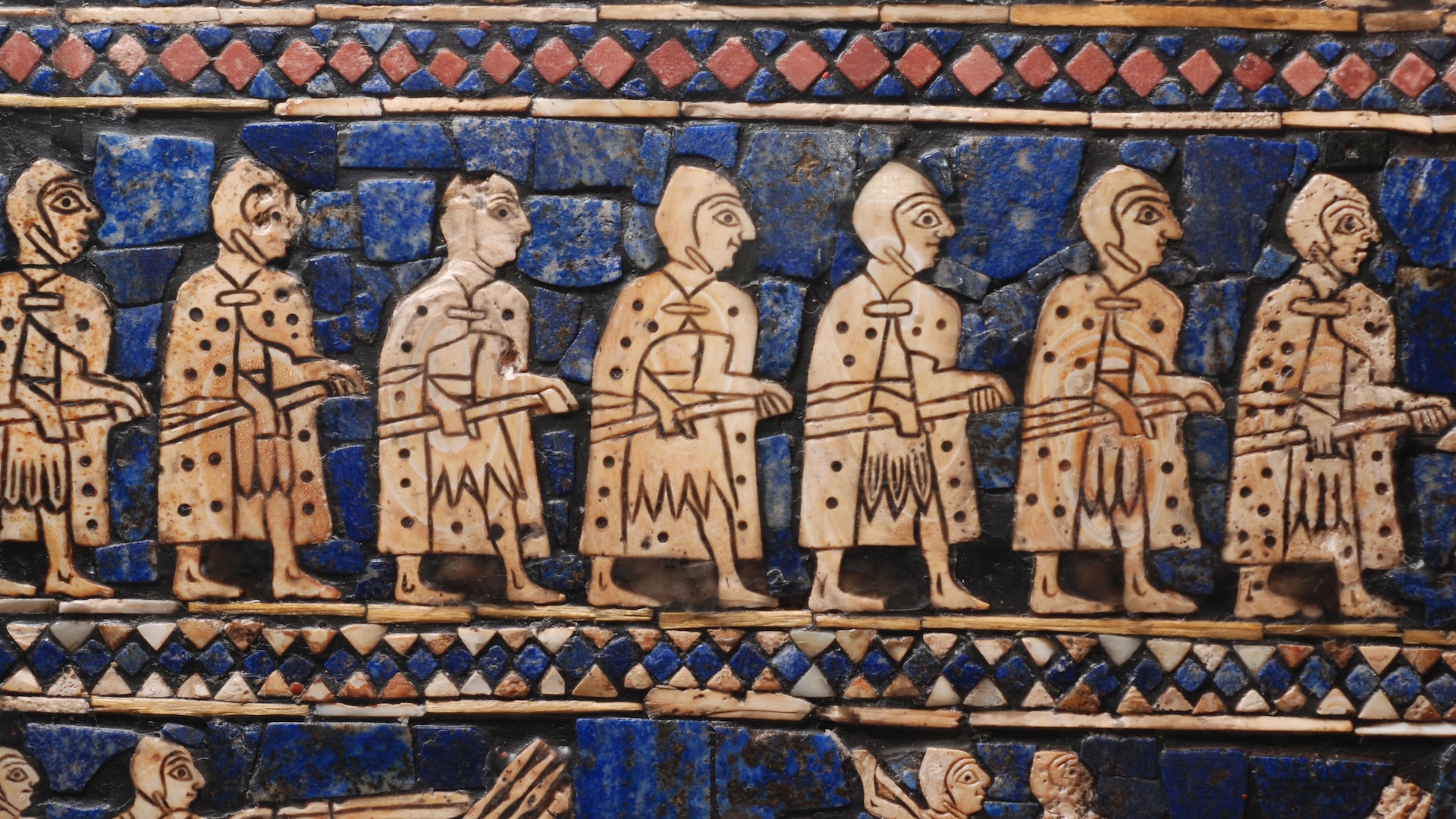Mesopotamia quiz: Test your knowledge about the ancient civilizations of the Fertile Crescent
Are you as assured as Ashurbanipal about your knowledge of Mesopotamia, or as dim as Nimrud?

Get the world’s most fascinating discoveries delivered straight to your inbox.
You are now subscribed
Your newsletter sign-up was successful
Want to add more newsletters?

Delivered Daily
Daily Newsletter
Sign up for the latest discoveries, groundbreaking research and fascinating breakthroughs that impact you and the wider world direct to your inbox.

Once a week
Life's Little Mysteries
Feed your curiosity with an exclusive mystery every week, solved with science and delivered direct to your inbox before it's seen anywhere else.

Once a week
How It Works
Sign up to our free science & technology newsletter for your weekly fix of fascinating articles, quick quizzes, amazing images, and more

Delivered daily
Space.com Newsletter
Breaking space news, the latest updates on rocket launches, skywatching events and more!

Once a month
Watch This Space
Sign up to our monthly entertainment newsletter to keep up with all our coverage of the latest sci-fi and space movies, tv shows, games and books.

Once a week
Night Sky This Week
Discover this week's must-see night sky events, moon phases, and stunning astrophotos. Sign up for our skywatching newsletter and explore the universe with us!
Join the club
Get full access to premium articles, exclusive features and a growing list of member rewards.
The historical area called Mesopotamia, meaning "land between two rivers" in ancient Greek, refers broadly to the territory between the Tigris and Euphrates rivers. Mesopotamia encompassed what today are Iraq, eastern Syria, southeast Turkey, and parts of Iran and Kuwait. Beginning around 10,000 B.C., Mesopotamia became a hotbed of cultural developments, including agriculture, mathematics and the wheel. So it's no surprise that some of the world's earliest empires also arose here.
The Sumerian civilization began around 5500 B.C. in south-central Iraq, boasting important city-states such as Ur. The Akkadian Empire eclipsed Sumer around 2300 B.C., dramatically expanding the old borders — and drafting numerous salacious riddles. And then around 800 B.C., the middling city of Assur capitalized on free trade and became a significant power at the heart of the Assyrian Empire. All of these cultures left their mark on the region.
Is your knowledge of the ancient Near East as solid as a cuneiform tablet, or will this "cradle of civilization" test make you cry like a "Baby"lon? Start the quiz below to find out.
Remember to log in to put your name on the leaderboard; hints are available if you click the yellow button!
More science quizzes
—Ancient Maya quiz: What do you know about the civilization that built pyramids across Mesoamerica?
—Viking quiz: How much do you know about these seaborne raiders, traders and explorers?
—Pompeii quiz: How much do you know about the Roman town destroyed by Mount Vesuvius?
Get the world’s most fascinating discoveries delivered straight to your inbox.

Kristina Killgrove is a staff writer at Live Science with a focus on archaeology and paleoanthropology news. Her articles have also appeared in venues such as Forbes, Smithsonian, and Mental Floss. Kristina holds a Ph.D. in biological anthropology and an M.A. in classical archaeology from the University of North Carolina, as well as a B.A. in Latin from the University of Virginia, and she was formerly a university professor and researcher. She has received awards from the Society for American Archaeology and the American Anthropological Association for her science writing.
You must confirm your public display name before commenting
Please logout and then login again, you will then be prompted to enter your display name.
 Live Science Plus
Live Science Plus










